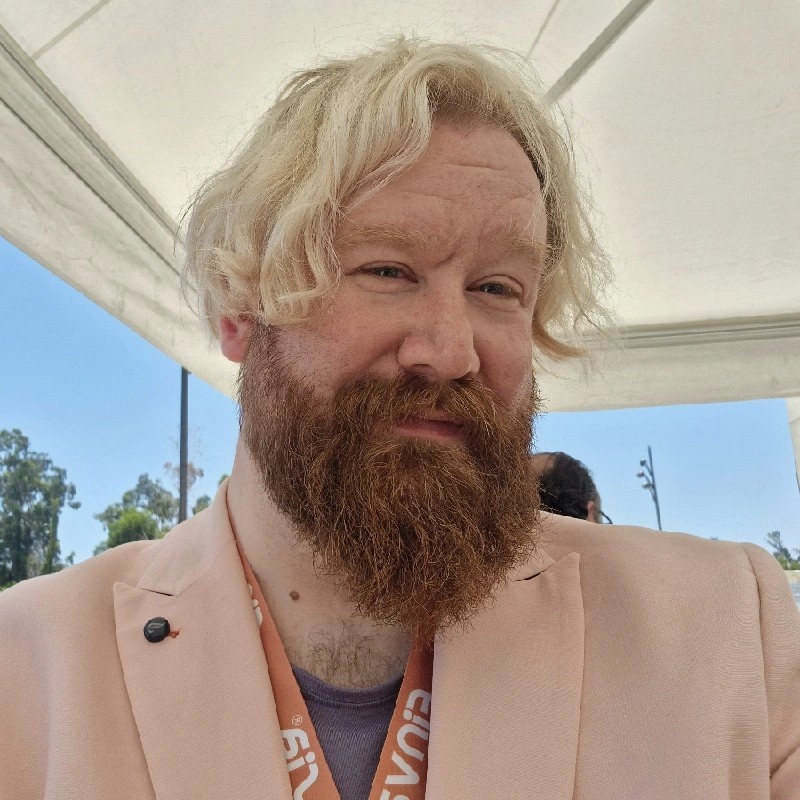German Market Growth - Filip Janczak and Dr. Fabian Masurat in Conversation


This week at iGaming Germany, I’ll be moderating a panel with Filip Janczak, Co-Founder and Director at Creatos Media and Dr. Fabian Masurat, CIPP/E, Lawyer at Taylor Wessing talking about the practicalities and legalities of marketing in Germany.
Ahead of the event, I quizzed the panellists on some of the topics that may – or may not – come up:
What are you most looking forward to at iGaming Germany 2024?
Filip: I am most looking forward to the panel discussions. These sessions provide a fantastic opportunity to learn from industry experts and hear diverse perspectives on key issues and trends in the iGaming sector. Engaging with these thought leaders and gaining insights into different approaches and strategies
Fabian: I am very much looking forward to seeing colleagues from the industry again and to discussing current topics, trends and developments in the fast-moving German gambling sector.
Which current marketing methods do you see as being on the rise in Germany for affiliates and operators? What are the risks/opportunities?
Fabian: The topic of stadium and jersey advertising has gained momentum in Germany. It is to be expected that further operators will get involved here. The implementation should be closely monitored to ensure that all the regulations are complied with.
Filip: In Germany, building a social media follower base is emerging as a leading strategy for affiliates and operators. This approach not only enhances brand visibility but also serves as a funnel for converting followers into email subscribers and direct players.
Tailored content that caters to different types of players and their specific interests is crucial for maximising engagement and conversions.
We've seen success with strategies such as giveaways of local merchandise, like items from local sports teams, be it football, baseball, or MMA. These giveaways help affiliates build a database of subscribers who are interested in particular areas, fostering a more engaged audience.
For operators, personalisation and targeted promotions are key. Offering multiple promotional options that allow customers to choose specific games they prefer can significantly enhance user satisfaction and loyalty.
However, it's important to remember the stringent regulations in the German market. All strategies and campaigns must be carefully reviewed by the legal team to ensure compliance and avoid potential legal pitfalls.
What makes for a good 'influencer' in the world of iGaming?
Filip: A good influencer in the world of iGaming is authentic and knowledgeable, creating high-quality, engaging content that resonates with their audience.
They actively interact with followers, fostering a sense of community and trust. Specialising in specific niches within iGaming allows them to attract a dedicated following. Additionally, having experience in gaming and frequently showcasing and reviewing games further establishes their credibility and connection with the audience.
Looking at mature markets outside of Germany, what kind of marketing methodologies used elsewhere might come into prominence in future in Germany, regulation-permitting?
Filip: The big difference in affiliate marketing lies in commission-based rewards on deposits and hybrid models, allowing publishers to earn higher commissions on larger players, incentivising them to push their marketing efforts further.
This approach is crucial for counteracting the growing black market in Germany, as providing more options for licensed operators could help reduce the appeal of unregulated sites. By offering attractive commissions and flexible models, licensed operators can better compete and draw players away from the black market.
Fabian: Influencer marketing is a hot topic. The courts in Germany are currently dealing with the issue of influencer marketing. It remains to be seen whether and in what form this will be permissible in Germany.
What kind of requirements to regulators and advertising platform providers like Meta have for brands who wish to market themselves?
Fabian: Operators must regularly provide proof of the corresponding gambling licences for the specific market. In addition, there are various other requirements that are constantly being expanded.
Filip: Advertising platforms like Meta (Microsoft, Google, etc.) have their own set of guidelines and restrictions. For instance, Meta requires that iGaming ads be shown only to users of legal gambling age and in regions where online gambling is permitted. Advertisers must receive approval from Meta by providing proof of their licensing and adherence to local laws. Additionally, ads must not promote misleading or deceptive content and must respect user privacy and data protection regulations.
Both regulators and platforms often require that brands implement robust measures to ensure the transparency and fairness of their promotional activities. This includes clear terms and conditions for any bonuses or promotions and accessible avenues for customer support and dispute resolution.
On top of that, if you are flagged for not following the advertising platform rules even after being approved, you still risk being banned. Having a contact within each platform is usually a great idea to facilitate communication and quickly address any issues that arise.
Similar Posts






.jpg)

